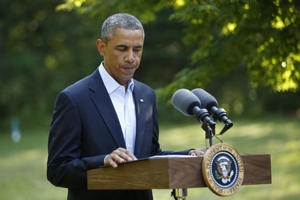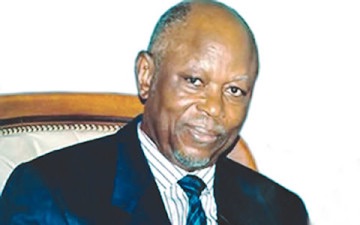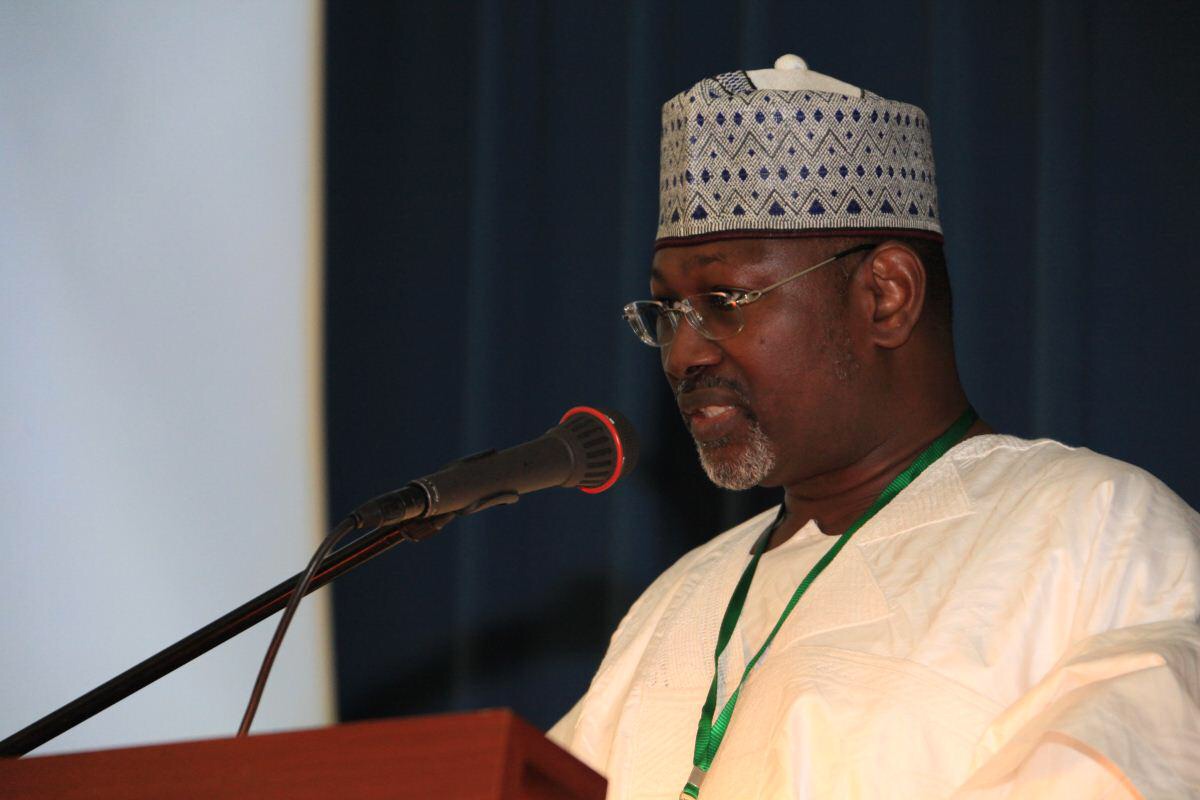Two top United States organisations influenced the decision of the Federal Government to shift Nigeria’s general elections by six weeks, according to a report by The Daily Times.
The two institutions, which are National Democratic Institute (NDI) and the International Republic Institute (IRI), according to the newspaper, had faulted the preparations of the Independent National Electoral Commission (INEC) for the election and had called for a shift.
incidentally, the U.S. was the first to react to the postponement of the polling dates, expressing disappointment in the development while urging that no further delays would be introduced.
Despite the shift, President Goodluck Jonathan promised that the May 29 handover date remains unaltered.
The elections which were earlier scheduled for February 14 and 28, were at the weekend shifted by INEC to March 28 and April.
The Pre-Election Assessment Mission of the two organisations, submitted their report to Professor Jega two weeks ago.
Both organisations, in their report dated January 20, 2015, had expressed concern that millions of permanent voter cards (PVCs) had not yet been distributed by INEC.
They particularly frowned at the preparations by the commission ahead of the polls.
They expressed concern that “millions of permanent voter cards (PVCs) have not yet been distributed by INEC”.
According to the report, some Nigerians were still unsure whether a voter without a PVC, but whose name was on the register, would be allowed to vote on election day and what arrangements would be put in place to adjudicate the matters.
Part of the report reads: “Even though, INEC plans to move the distribution of the PVCs from the LGA level to the level of wards (which are similar units under the LGA level down to the polling points), that exercise has not started in all the states.
“Moreover, some Nigerians stated that in a number of states, the distribution exercise has repeatedly been postponed in some locations, leading to further erosion of trust in INEC.
“Some Nigerians are still unsure whether a voter without a PVC, but whose name is on the register, will be allowed to vote on election day and what arrangements will be put in place to adjudicate the matters”, it said.
The report further noted that all the card readers were “still underway and not all the card readers have been delivered to INEC….Yet some Nigerians are apprehensive about what would happen should the remaining VCRs (voter card readers) not be delivered on time or should many of these new machines malfunction on Election Day”.
It pointed out that while INEC had specific plans on recruitment of ad-hoc poll workers that would
include current and former members of the NYSC and students in the tertiary education institutions,
some members of the public were concerned that training of these workers had yet to begin.
Among delegates on the pre-election assessment mission were the US Assistant Secretary of State for African Affairs, who is also the Vice Chairman of the US Institute of Peace, Regalia Bam; former
Chairperson of the Independent Electoral Commission of South Africa, Hon. Patrick Muyaya; Member of Parliament, Democratic Republic of Congo, Paulina Baker; former President of the Fund for Peace, Michael Bratton; distinguished professor of Political Science and African Studies at Michigan State University, Robert Lloyd; professor of International Relations at Pepperdine University, and senior fellow at the Atlantic Councils African Centre, Christopher Fomunyoh; senior associate and regional director for Central and West Africa at NDI; and Gretchen Birkle, regional director for African at IRI The INEC Chairman
had attributed the postponement of the elections to the security situation in the North East, which would occupy the attention of the military for six weeks.














